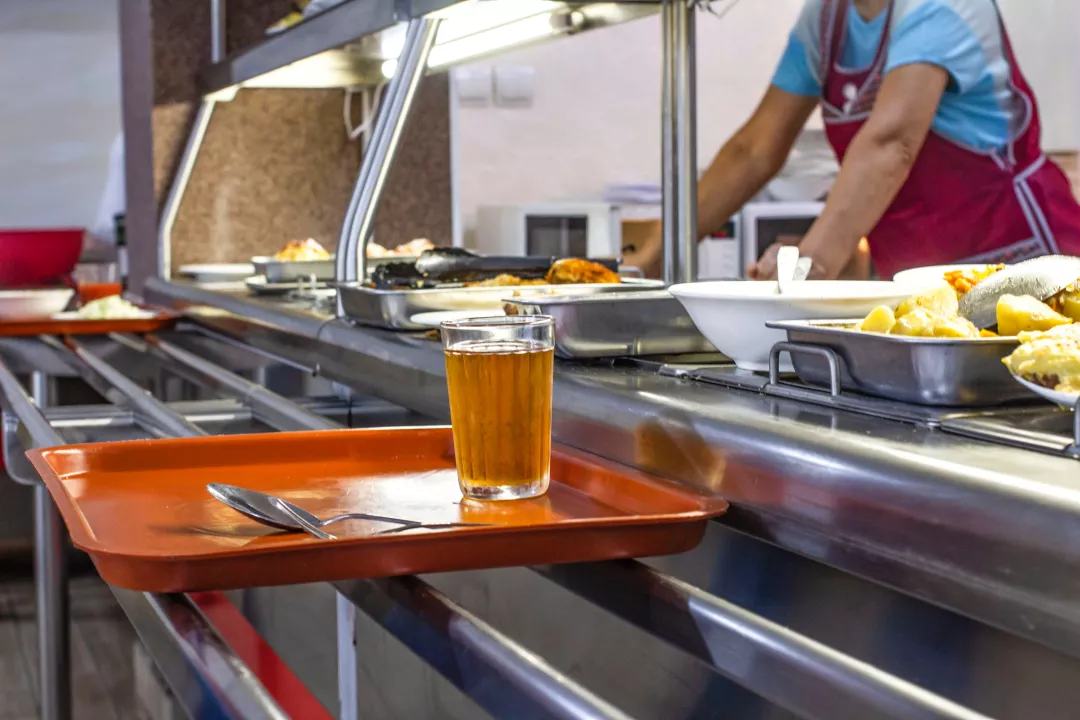General information
RDP Measure
- M20: Technical assistance
Summary
CAP support financed a study spanning five Portuguese municipalities, which explored the feasibility and conditions for establishing short supply chains through which local family farms could supply food products to public canteens. The project activities involved conducting studies in each municipality, organising focus groups, webinars, and a series of presentations to disseminate the findings of this work to local and national authorities.
Results
- project completed key preparatory work required to facilitate food supply transition at a local level. Results allow evidence-based approaches for developing short-supply chains involving local producers and local public canteens.
- The project concluded that it is possible to partially supply school canteens with local products. This would also improve the population's diet and increase the income of small farmers.
Keywords
Context
In Portugal, local producers face difficulties when they try to register as suppliers to public canteens. These difficulties can often originate from complex requirements of the procurement process or from the dominance of the ‘lowest price’ criterion within the evaluation procedure. Nevertheless, public canteens such as school canteens are an under-explored market offering great potential for local producers.
To respond to this challenge, the reLOCALiza project was developed by the municipality of Évora and focused its work on five municipalities: Mogadouro, Vila Pouca de Aguiar, Penacova, Covilhã and Évora.
Objectives
The main aim of this project was to increase the extent to which public canteens source food supplies from local family farms. In broader terms, the project aimed to improve the farmers’ position in the value chain and help them gain access to new markets, through improved capacity and cooperation. At the same time, it aimed to strengthen the growth of more sustainable food chains and to reconnect consumers and producers through the promotion of healthy eating habits. Schools have an especially privileged position in this dynamic.
Project partners took concrete action in support of the belief that in order to improve the population's diet, investment was needed to develop short supply chains based on quality food produced by family farms. This would also improve the income of small farmers by ensuring fair prices, thus sustaining rural livelihoods.
Activities
The project financed a series of surveys to identify the needs of school canteens and the supply of local food from family farms in five municipalities. Project activities involved:
- Review of methodologies on the creation of short supply chains.
- Conduct surveys in each of the municipalities.
- Organise focus groups for the capitalisation of relevant experiences in creating short supply chains.
- Elaborate a final report.
- Organise a seminar to present the results of the surveys.
- Organise a series of webinars to present the results of the project to government and local officials, and other stakeholders at national and European level.
Project partners were the Confederação Nacional de Agricultura (CNA) – lead partner, the Polytechnic Institute of Coimbra (IPC), the Association for Rural Development Trilho, the Agricultural Cooperative of Services and Arts of MIRO, the Castelo Branco District Farmer’s Association (ADACB), the Association for Agricultural and Rural Development of Arribas Do Douro (ADARAD), the Northern Farmers and Shepherds Association (APT), and the Local Action Group Association for Local Development of Coimbra - CoimbraMaisFuturo (CMF). The analysis of the collected data was conducted by the IPC and the CNA.
Main results
- The project completed key preparatory work required to facilitate food supply transition at a local level.
- Results allow evidence-based approaches for developing short supply chains involving local producers and local public canteens.
- The project produced one report for each of the five participant municipalities and a summary report for government bodies.
- Overall, the project concluded that it is possible to partially supply school canteens with local products.
Key lessons
- Local authorities should prioritise the procurement of locally produced food for public canteens. Other sources of food products should only be considered after local supplies have been investigated. Public procurement provisions already allow this.
- Public canteen menus need to be adjusted to the seasonality and gastronomic characteristics of existing local products.
- Farmers need support to create associative structures that can provide technical assistance to producers and connect the demand and supply of local food.
- Local producers need support to focus and plan their production based on the needs of public canteens.
- Local producers need to collaborate with partners who can manage logistics and establish the connection between public canteens and producers.
- It is important to raise awareness about local sustainable food systems among the school community.
- Municipalities should make use of existing funds – or create targeted support funds - promoting this approach.

